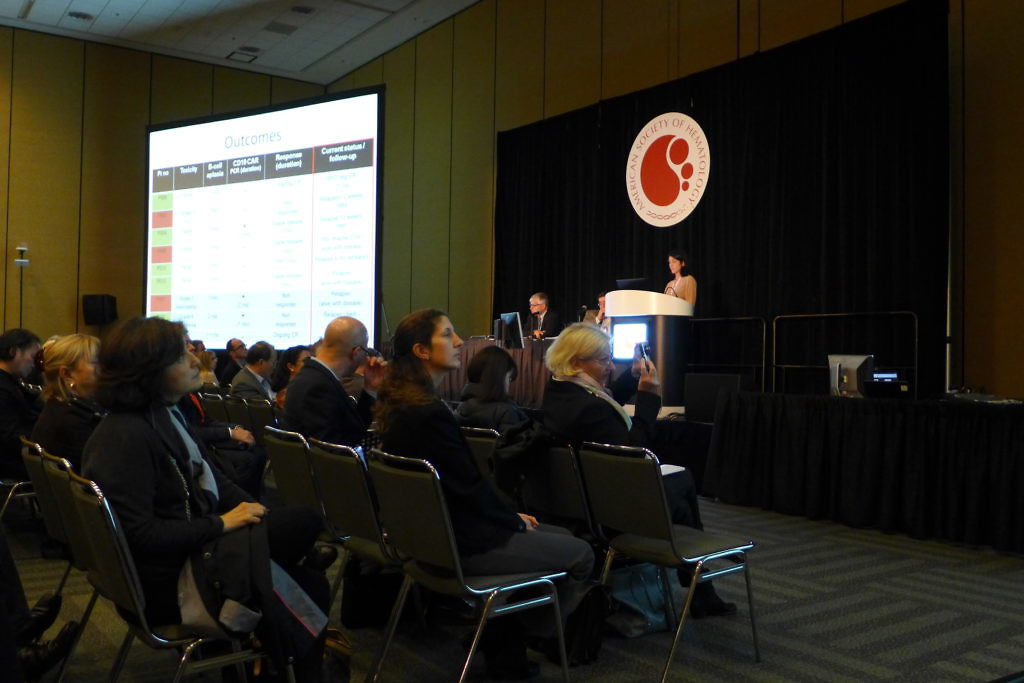Juno plays Russian Roulette with JCAR015
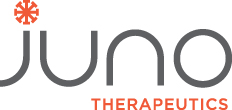 This is an important and necessary follow-up to the ongoing Juno JCAR015 story in July after three patients had died due to complications associated with cerebral oedema. At that time, the company attributed the deaths to the inclusion of fludarabine in the lymphodepletion given prior to CAR T cell therapy infusion, leading to severe neurotoxicity, and clinical hold was lifted by FDA after the protocol was subsequently amended.
This is an important and necessary follow-up to the ongoing Juno JCAR015 story in July after three patients had died due to complications associated with cerebral oedema. At that time, the company attributed the deaths to the inclusion of fludarabine in the lymphodepletion given prior to CAR T cell therapy infusion, leading to severe neurotoxicity, and clinical hold was lifted by FDA after the protocol was subsequently amended.
This morning came the dramatic announcement that following the protocol amendment, Juno has voluntarily placed the ROCKET trial on clinical hold again following another two deaths from cerebral oedema.
What gives and what are the consequences here?
We take a joint look at some of the issues that arise from this situation in terms of the CAR T cell therapy market and also pen thoughts from the analyst call this morning.
Subscribers can log-in
This content is restricted to subscribers
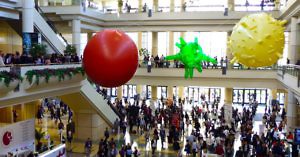
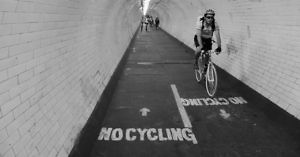 Late this afternoon, Juno Therapeutics ($JUNO) announced (
Late this afternoon, Juno Therapeutics ($JUNO) announced (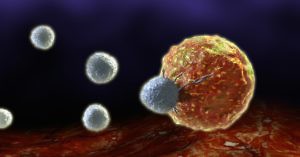
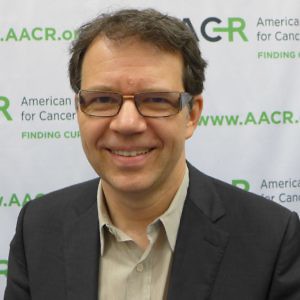
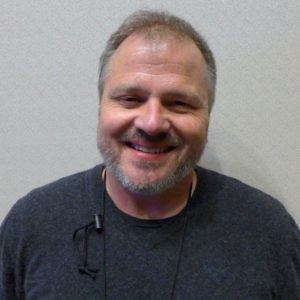 One of the pioneers in the development of adoptive cellular therapy is
One of the pioneers in the development of adoptive cellular therapy is 
